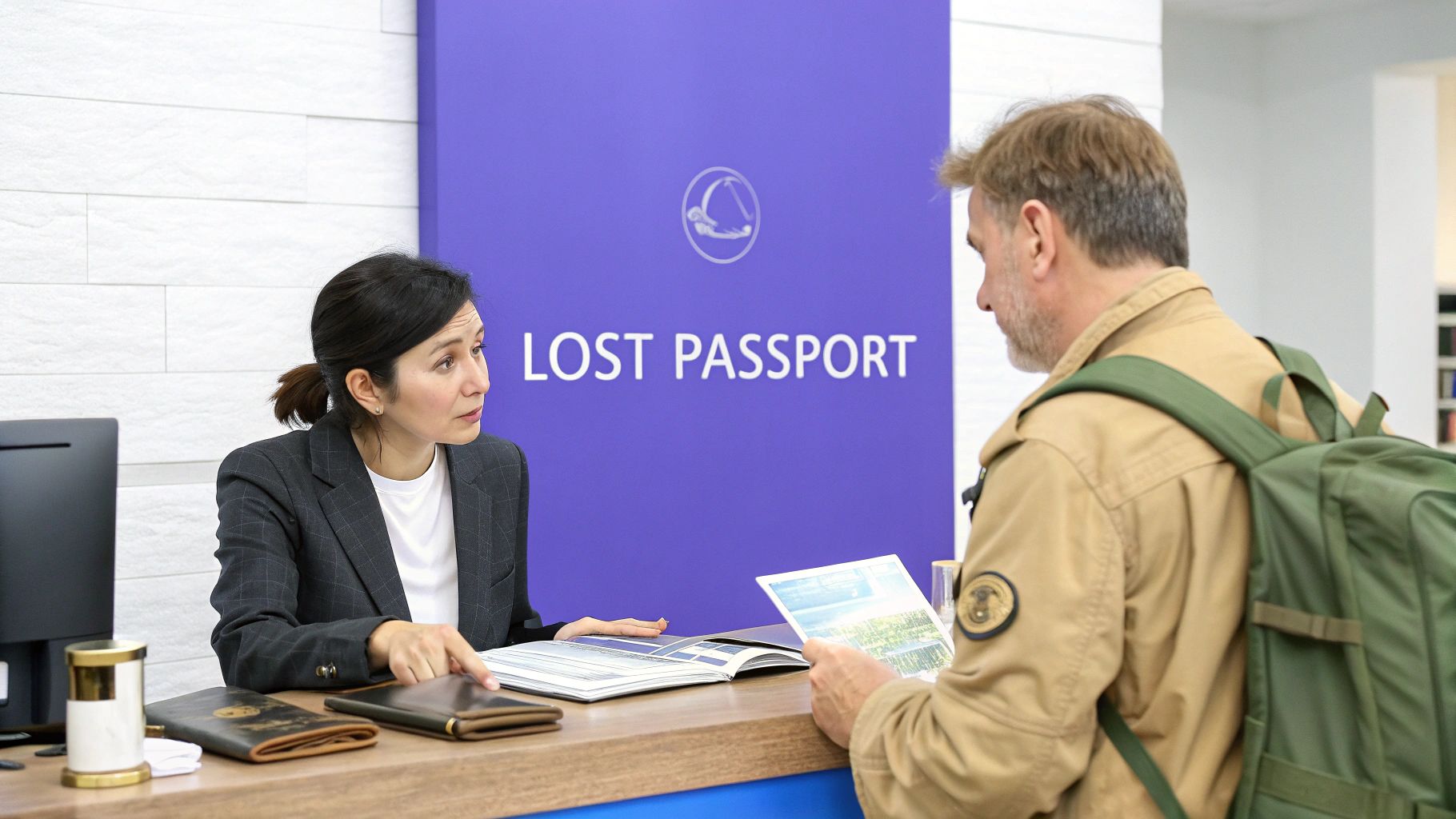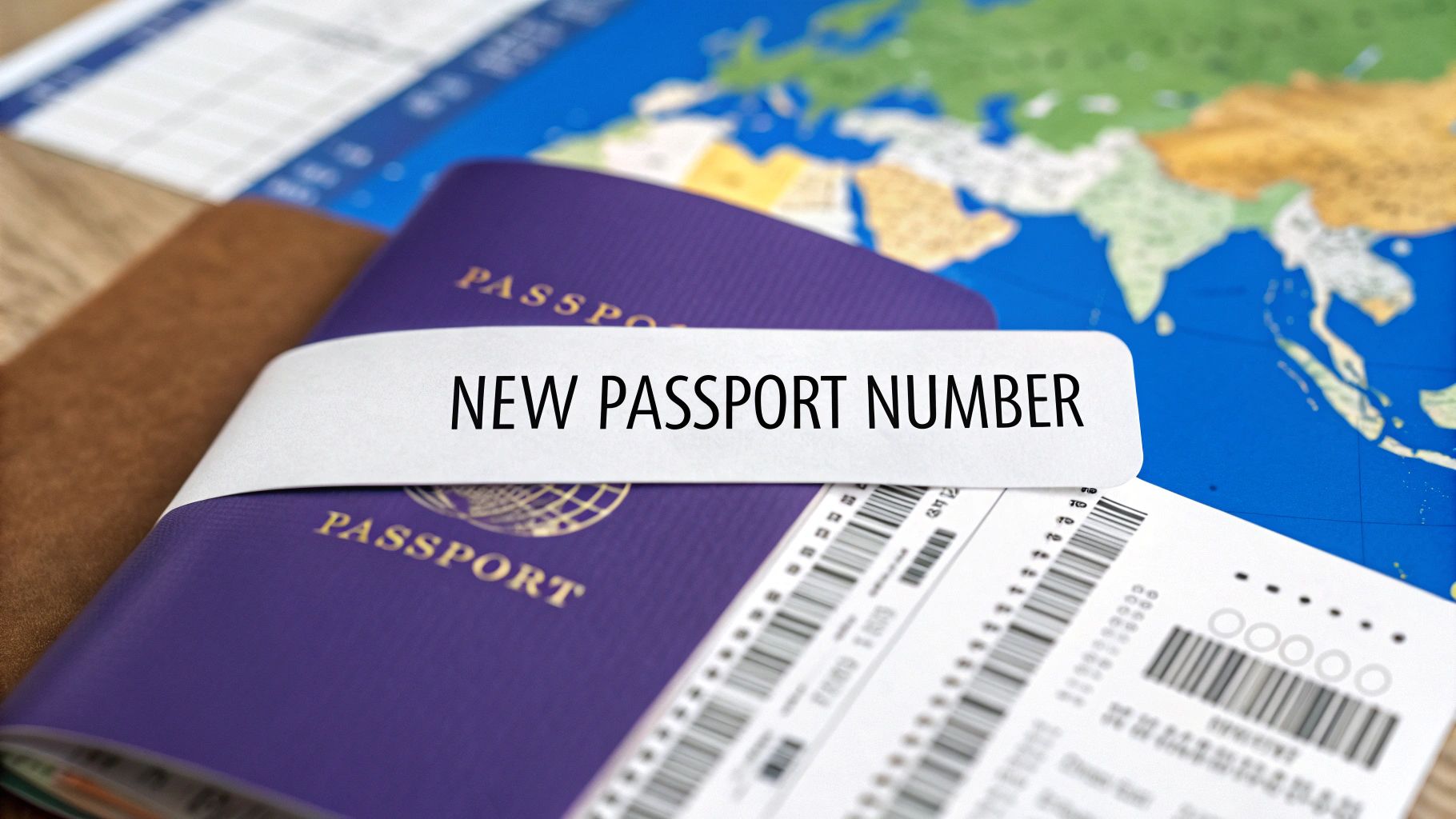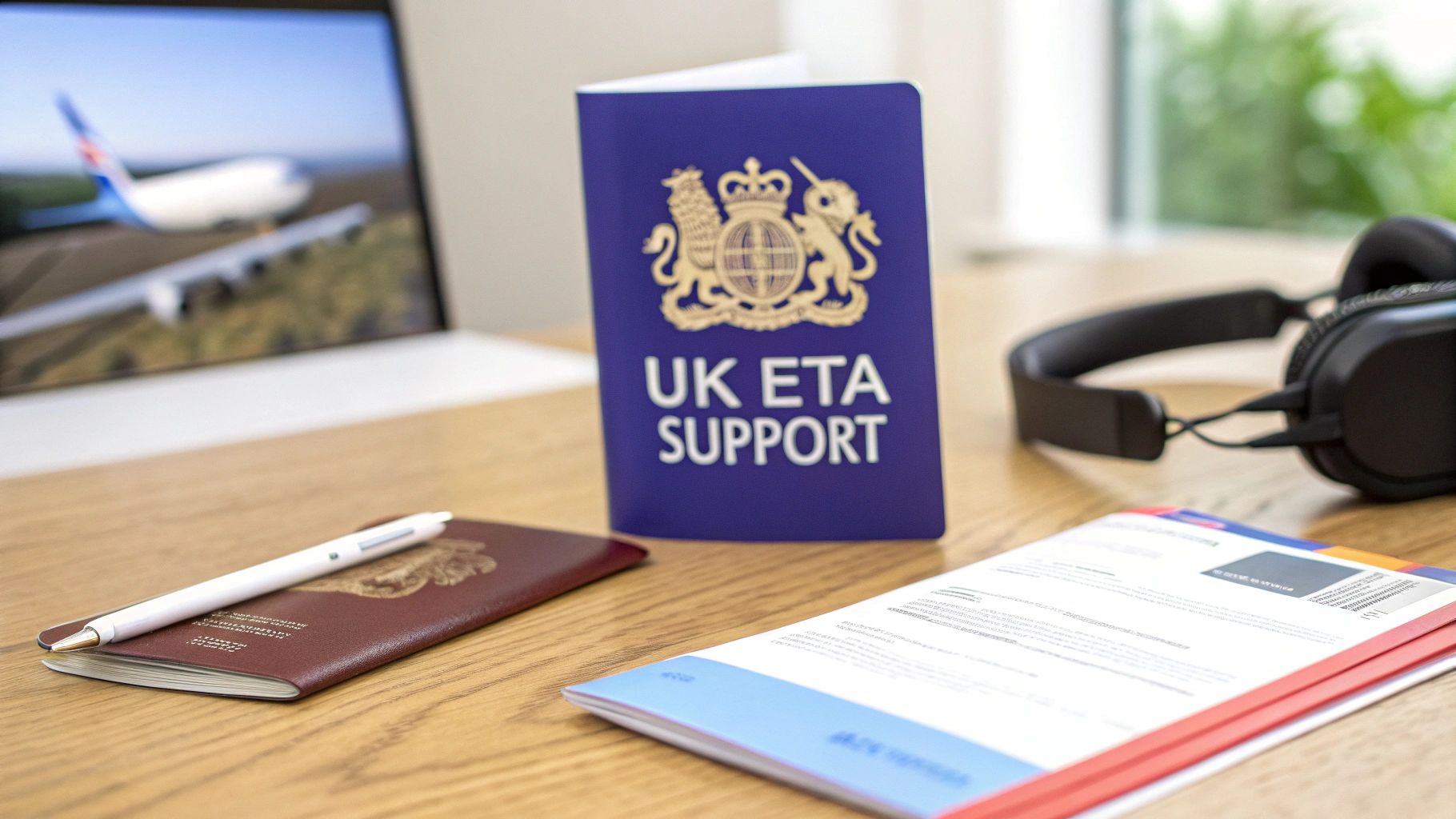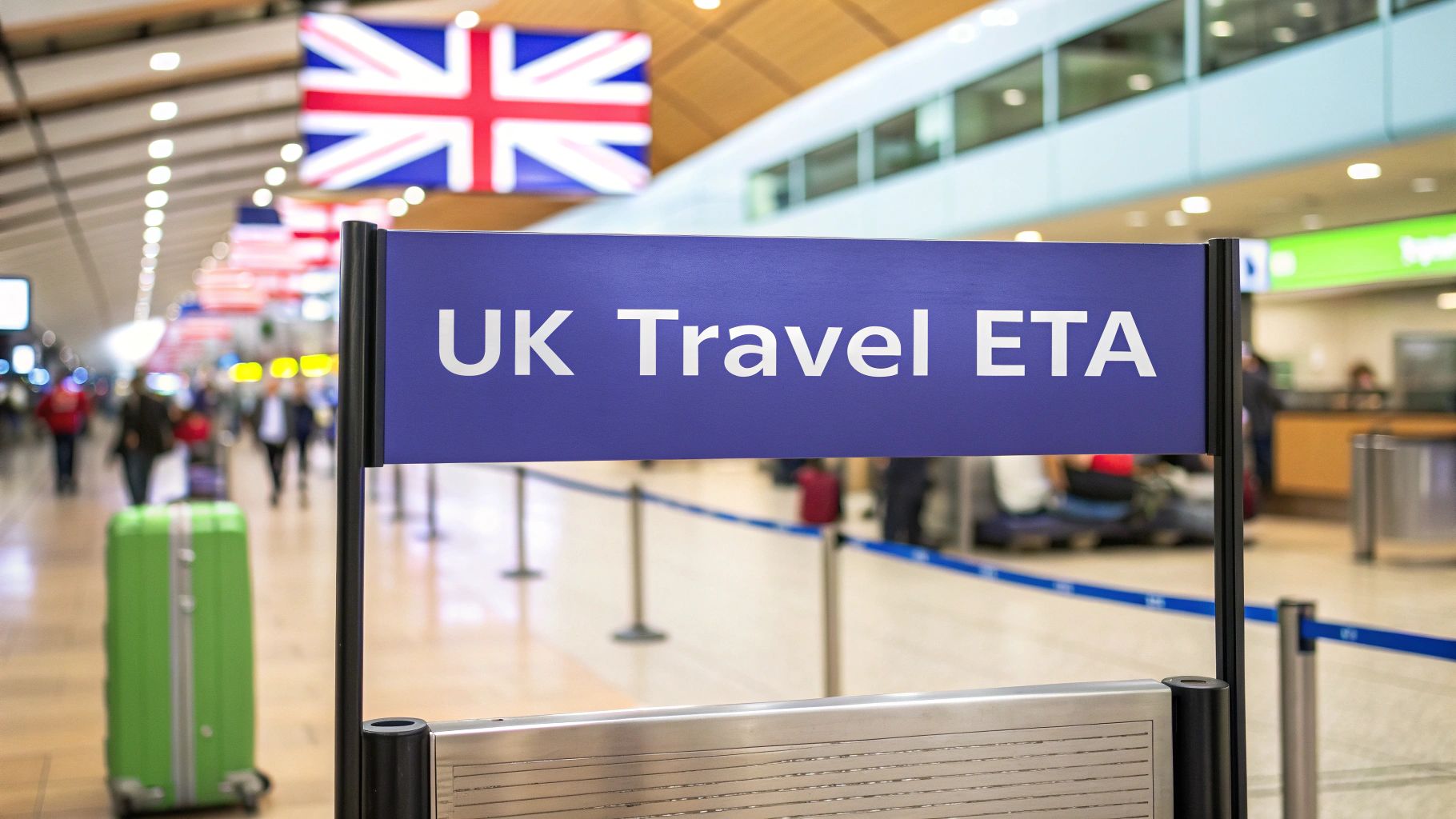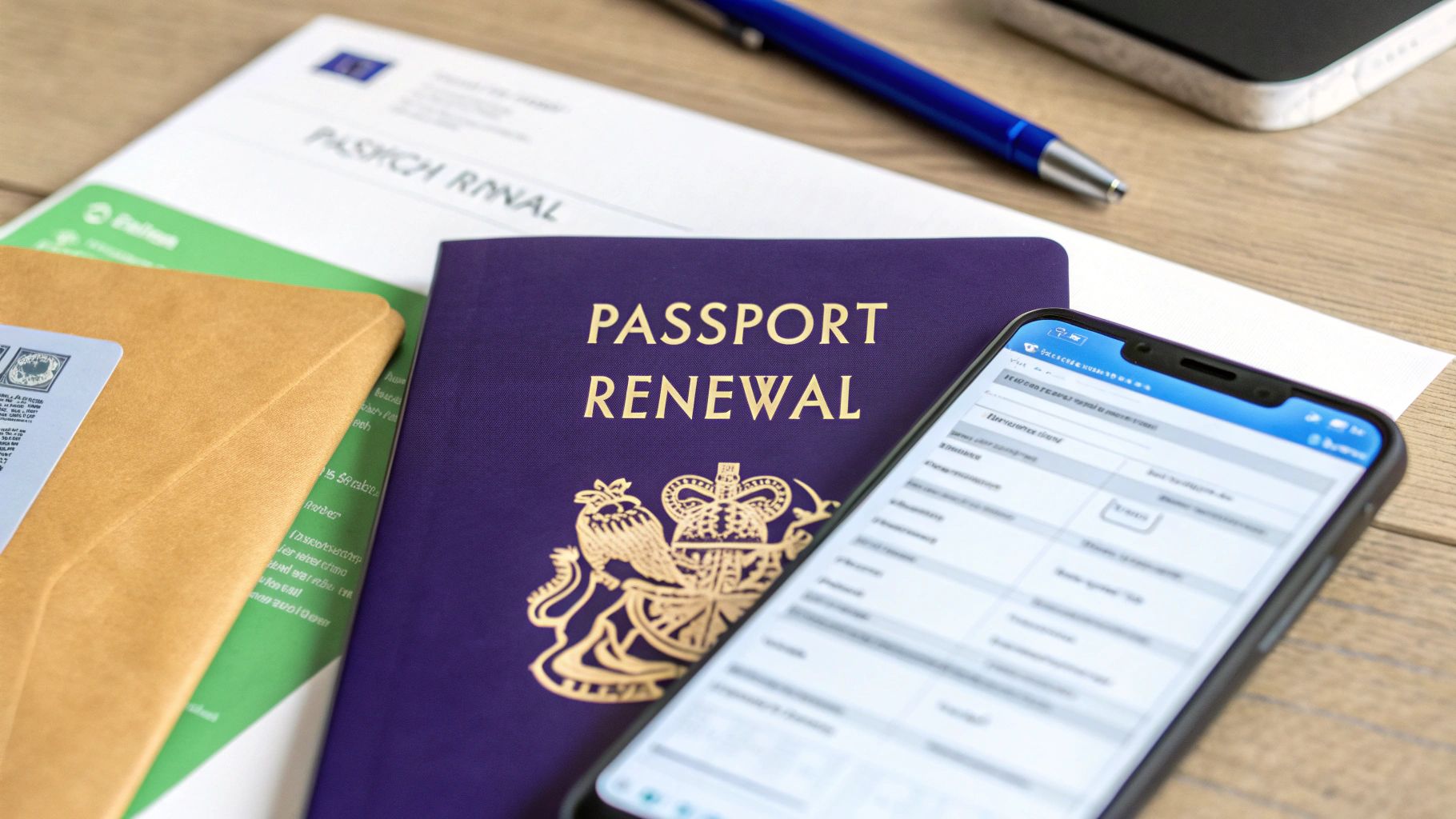
Immigrate to Francophone Communities Outside Quebec: Your Complete Guide
Canada is known for its cultural diversity and bilingual heritage, offering unique opportunities for immigrants to settle in vibrant Francophone communities outside Quebec. If you’re considering immigrating to Canada and want to experience Francophone culture while living in provinces like Ontario, Manitoba, or New Brunswick, this guide is for you.
In this blog, we’ll explore why Francophone communities outside Quebec are a great choice for immigrants, the steps to immigrate, and the resources available to help you settle successfully.
Why Choose a Francophone Community Outside Quebec?
Francophone communities outside Quebec are thriving hubs of culture, language, and opportunity. Here’s why you should consider settling in one of these communities:
Cultural Richness: Experience the unique blend of French-Canadian culture and traditions.
Language Support: Access French-language services, schools, and community programs.
Job Opportunities: Many provinces actively seek Francophone immigrants to support local economies.
Welcoming Communities: Enjoy a warm and inclusive environment that celebrates diversity.
Pathway to Permanent Residency: Special immigration programs are designed to attract Francophone immigrants.
Steps to Immigrate to a Francophone Community Outside Quebec
1. Choose Your Immigration Pathway
Canada offers several immigration programs for Francophone immigrants. Some popular options include:
Express Entry: Apply through the Federal Skilled Worker Program, Canadian Experience Class, or Federal Skilled Trades Program. Francophone candidates may receive additional points for French language skills.
Provincial Nominee Programs (PNPs): Many provinces, such as Ontario and Manitoba, have streams specifically for Francophone immigrants.
Rural and Northern Immigration Pilot (RNIP): This program encourages immigration to smaller Francophone communities.
Atlantic Immigration Program (AIP): Designed for immigrants settling in Atlantic Canada, including Francophone communities in New Brunswick.
2. Meet the Eligibility Requirements
Each immigration program has specific requirements, but generally, you’ll need to:
Demonstrate proficiency in French (and sometimes English).
Have relevant work experience and skills.
Meet educational qualifications.
Show proof of funds to support yourself and your family.
3. Prepare Your Application
Gather all required documents, including:
Language test results (e.g., TEF for French).
Educational credentials assessment (if applicable).
Proof of work experience.
Police clearance certificates.
4. Submit Your Application
Apply online through the appropriate immigration program. Ensure your application is complete and accurate to avoid delays.
5. Settle in Your New Community
Once approved, start planning your move. Many Francophone communities offer settlement services to help you find housing, jobs, and schools.
Resources for Francophone Immigrants
The Government of Canada and provincial governments provide resources to support Francophone immigrants. Here are some helpful links:
Francophone Immigration Outside Quebec: Official information from Immigration, Refugees and Citizenship Canada (IRCC).
Local Francophone Organizations: Connect with organizations like the Fédération des communautés francophones et acadienne (FCFA) for community support.
Settlement Services: Access free services to help you integrate into your new community.
Success Stories: Francophone Immigrants Thriving Outside Quebec
Many immigrants have successfully settled in Francophone communities outside Quebec. For example:
Marie from France: Moved to Sudbury, Ontario, through the Ontario Immigrant Nominee Program (OINP) and now works as a teacher in a French-language school.
Ahmed from Morocco: Settled in Winnipeg, Manitoba, through the Manitoba Provincial Nominee Program (MPNP) and runs a successful business.
These stories highlight the opportunities and support available for Francophone immigrants.
Frequently Asked Questions (FAQs)
1. Do I need to speak French to immigrate to a Francophone community?
Yes, proficiency in French is typically required. Some programs may also require English skills.
2. Which provinces have Francophone communities outside Quebec?
Ontario, Manitoba, New Brunswick, Alberta, and Nova Scotia are home to vibrant Francophone communities.
3. Are there special programs for Francophone immigrants?
Yes, many provinces have immigration streams specifically for Francophone candidates.
4. Can my family come with me?
Yes, most immigration programs allow you to include your spouse and dependent children in your application.
5. How long does the immigration process take?
Processing times vary depending on the program. Check the official IRCC website for current timelines.
Conclusion
Immigrating to a Francophone community outside Quebec is a rewarding opportunity to experience Canada’s bilingual heritage while building a new life. With dedicated immigration programs, supportive communities, and a wealth of resources, your journey to Canada can be smooth and successful.
Start your application today and take the first step toward joining a thriving Francophone community. For more information, visit the official Francophone Immigration Outside Quebec page.
